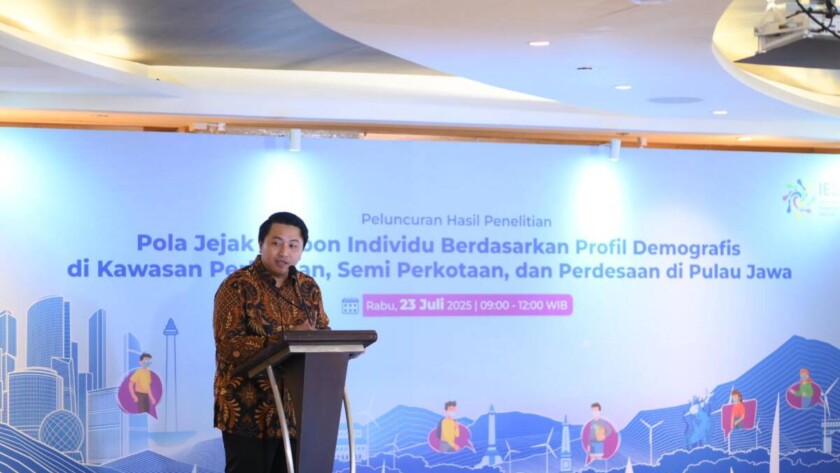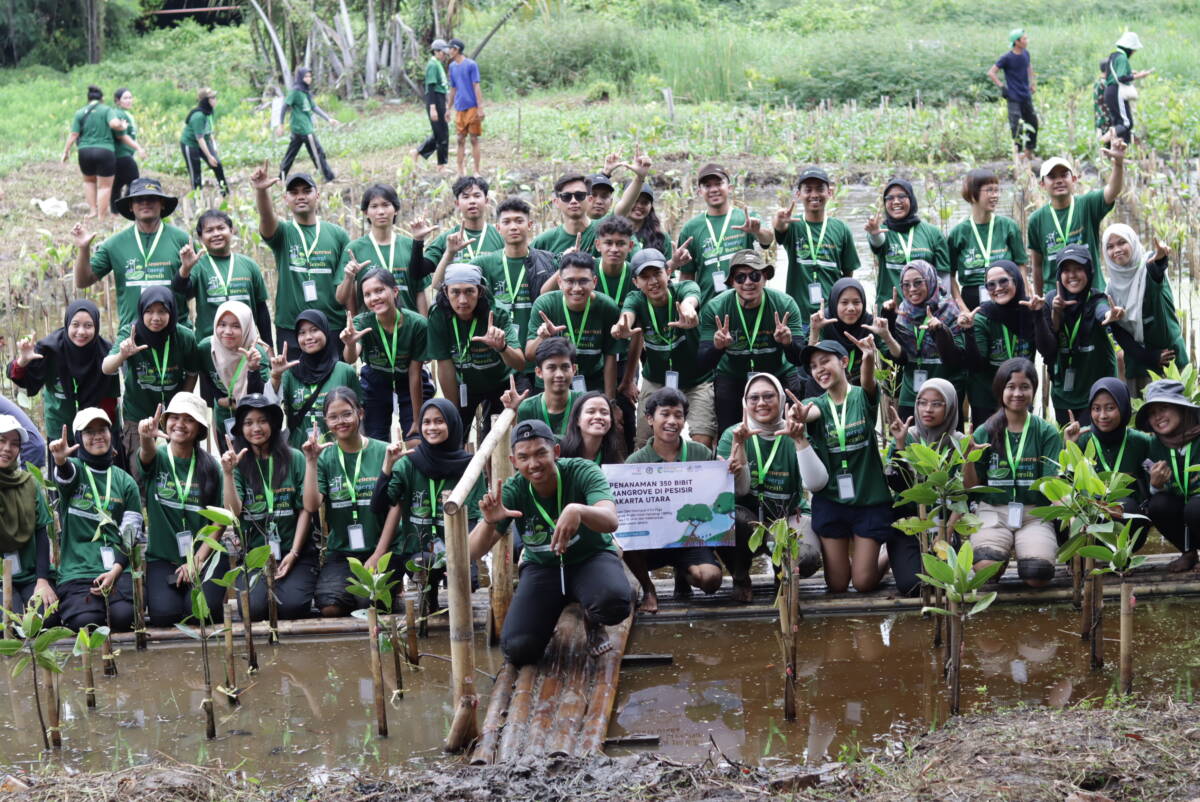Jakarta, July 23, 2025 – Human activities are the primary contributors to the increase in atmospheric carbon emissions. These emissions are driving the climate crisis, leading to a rise in hydrometeorological disasters. 2024 was a record-breaking year with the hottest average temperature, reaching 1.47 degrees Celsius above pre-industrial average temperatures.
The Institute for Essential Services…




